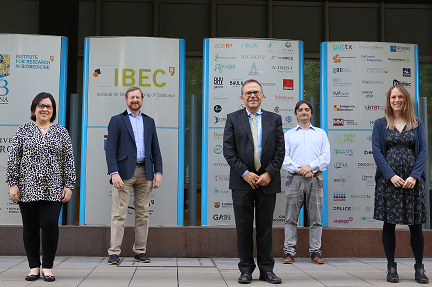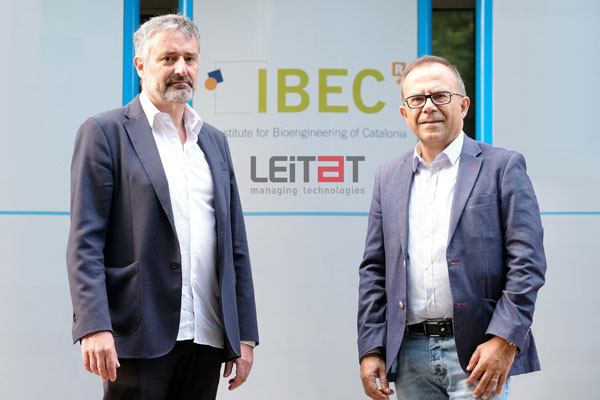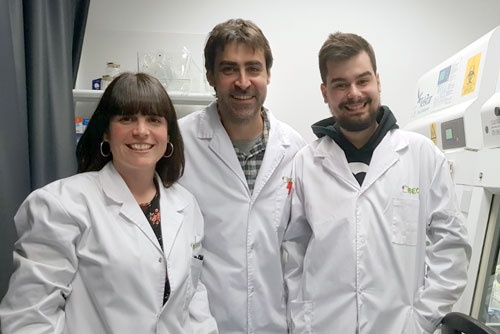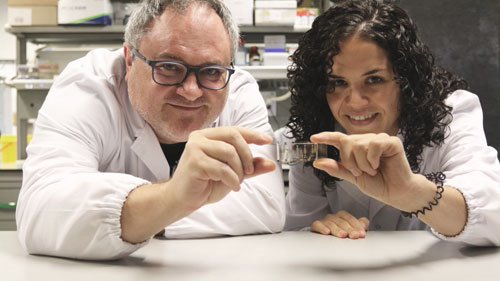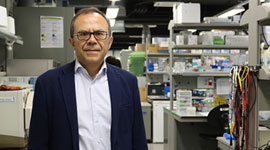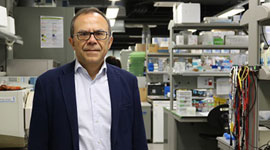Josep Samitier
Group leader
The scientific-technological alliance of IBEC and Leitat in the media
The Institute for Bioengineering of Catalonia (IBEC) appears in the “Diari de Terrassa” for its alliance with the LEITAT Technological Center to promote the development and application of cutting-edge technologies that will combine engineering and biology to find solutions to health problems.
LEITAT and IBEC will promote last generation biotechnologies from Barcelona
A recent alliance between the LEITAT Technological Center and the Institute for Bioengineering of Catalonia (IBEC) will give a new impulse in the development and application of cutting-edge technologies that will combine engineering and biology to find solutions to health problems. Both institutions have established a new agreement to promote innovation in different scientific and technological areas, including 3D bioprinting with bioinks.
Advance in research against childhood cancer in the #WorldResearchCancerDay
IBEC researchers appear in different media for the recent study senior-authored by Joan Montero and first-authored by Albert Manzano, Senior Researcher and PhD student in IBEC’s Nanobioengineering group in which they have used a state-of-the-art analysis technique to evaluate new drug combinations to successfully treat acute lymphoblastic leukemia.
Personalised medicine to beat pediatric leukemia
IBEC researchers have used a state-of-the-art analysis technique to evaluate new drug combinations to successfully treat acute lymphoblastic leukemia. This study brings personalised medicine closer to the clinic for this cancer type.

